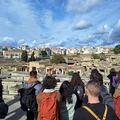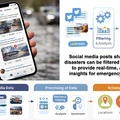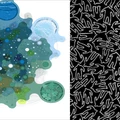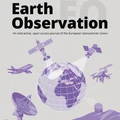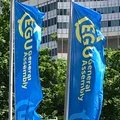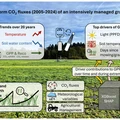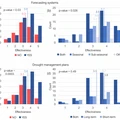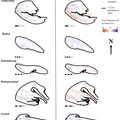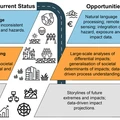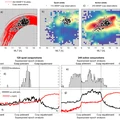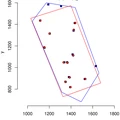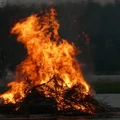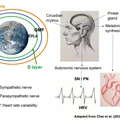Is Soil Quality the same in all Conservation Agriculture Fields?
Soil degradation has become a major environmental concern. Today, 62% of European soils are affected by at least one degradation process, largely driven by land sealing and unsustainable farming practices (Mason et al. 2023; EUSO 2024). Conservation Agriculture (CA) is often promoted as a promising alternative, combining sustainable production with improved soil quality (Chabert et Sarthou 2020; Thierfelder et al. 2017). CA is built on three pillars: minimizing mechanical soil disturbance, maximizing soil organic cover, and diversifying crop species. Together, …
Read more
